Afghanistan foreign minister Amir Khan Muttaqi has arrived in India today (October 10). Muttaqi, who will be making a week-long trip to India, is set to meet External Affairs Minister S Jaishankar. The two men earlier spoke about Operation Sindoor in May. Muttaqi’s trip comes after the United Nations granted him an exemption on his travel ban.
Muttaqi was welcomed to India by Ministry of External Affairs (MEA) spokesperson Randhir Jaiswal. “We look forward to engaging discussions with him on bilateral relations and regional issues,” Jaiswal wrote on social media.
The visit, which comes at the invitation of Jaishankar, gains significance for India as New Delhi is making moves to improve diplomatic relations with the Taliban – though it has not yet recognised the regime in Afghanistan.
This is the first high-ranking trip by a Taliban official to India since the group took power in July 2021. Muttaqi earlier met senior diplomat Vikram Misri in Dubai in January. His visit comes in the backdrop of ties between Afghanistan and Pakistan seemingly souring. It also comes as UK Prime Minister Keir Starmer is visiting India. Muttaqi came to New Delhi from Russia, where he was attending the “Moscow Format” dialogue on Afghanistan.
But what are Muttaqi’s plans in India?
Let’s take a closer look
What are his plans?
Muttaqi is set to visit the Darul Uloom Deoband seminary and the Taj Mahal during his trip to India. He is accompanied by a five-member delegation comprising Deputy Industry and Commerce Minister Ahmadullah Zahid, Noor Ahmad Noor, Director General of the Political Division of the Foreign Ministry, and Foreign Ministry spokesman Zia Ahmad Takal. He is also slated to have a health check-up while in India.
Though India has not officially recognised the Taliban regime, Muttaqi will be accorded all the proper official protocols. This includes meeting Jaishankar at Hyderabad House – where top Indian leaders engage with foreign representatives – on September 10. This will be the first face-to-face meeting between the two men, who have earlier spoken on the phone twice.
Jaishankar in May said he had a ‘good conversation’ with Muttaqi over the phone and ‘deeply appreciated his condemnation of the Pahalgam terrorist attack.’ Muttaqi may also meet National Security Adviser Ajit Doval.
Muttaqi is set to discuss increasing bilateral trade and cooperation, exports of dry fruits, facilities in the health sector, consular services, and various ports including Chabahar, Afghanistan’s most viable gateway for trade with India. The Trump administration recently revoked the waiver it granted Chabahar Port in 2018 under the Iran Freedom and Counter-Proliferation Act (IFCA). India has been eyeing developing the port as an alternative to the Gwadar Port and using it to access Afghanistan and Central Asia.
“The visit is the outcome and a signal of cautious resetting in ties," a source told News18. “Afghan sources say that the visit itself marks a major diplomatic outcome. Indian side will definitely want to engage Taliban on counter-terrorism front and Taliban cooperation is a must. This reflects a reset in strained bilateral relations and a willingness to reopen channels," the source added.
A particular emphasis will be placed on relaxing barriers to transport, opening new trade corridors and increasing cross-border trade of food, textiles, and essential goods. India having a full-fledged embassy in Afghanistan will also be discussed. New Delhi in the aftermath of the Taliban taking power sent a “technical team” to coordinate humanitarian aid.
The Taliban regime has been demanding a full-fledged envoy to India as part of its embassy and an expanded consular presence including more diplomats. The Taliban also wants to increase staff at its consulates in Mumbai and Hyderabad. This could be a key part of normalising ties between the two countries. Expanding visa quotas for businesspersons, medical travellers, and families could also be discussed.
“The Indian side has always aimed for people-to-people contacts. Both sides will discuss to increase scholarships for Afghan students, for higher studies in professional and technical fields,” the source said.
Muttaqi’s visit also comes as the relationship between the Taliban and Pakistan is deteriorating. Islamabad has accused the regime in Afghanistan of supporting the Tehreek-e-Taliban Pakistan (TTP). With Pakistan seemingly growing closer to the United States under US President Donald Trump, Indian officials have much to discuss with Muttaqi about regional security and the growing relationship between Islamabad and Washington. Trump has demanded that the Afghanistan regime hand over Bagram Airbase to
US troops.
Muttaqi is set to visit Darul Uloom Deoband in Uttar Pradesh on Saturday (October 11), where a few Afghan students are currently studying. The Darul Uloom Deoband is thought of highly by senior Taliban leaders – many of whom attended the Darul Uloom Haqqania in Pakistan’s Khyber-Pakhtunkhwa province.
The Darul Uloom Haqqania was founded by Maulana Abdul Haq, who imparted lessons at Deoband prior to the partition. Haq’s son Sami-ul-Haq is known as the ‘Father of the Taliban’ because of the sheer number of leaders who studied at Darul Uloom Haqqania. Muttaqi will then head to Agra to see the Taj Mahal on Sunday (October 12).
On Monday (October 13), Muttaqi will be in New Delhi to meet a delegation of business and industry representatives at an event hosted by a leading chamber of commerce. The Taliban has been wanting to increase trade and garner investment from India since the fall of the Ashraf Ghani regime in 2021. Muttaqi is also set to meet members of the Afghan community in India that same day. Muttaqi is set to return to Kabul on October 15 (Wednesday).
India’s flag dilemma
However, India is also facing a diplomatic quandary – should it let the Taliban flag fly next to the Indian Tricolour during the meet between Jaishankar and Muttaqi?
Despite officials saying that all proper protocols will be followed, India has not officially recognised the Taliban regime in Afghanistan. Which means the Taliban flag cannot be flown at the Afghan Embassy in India.
As of now, the flag of the Islamic Republic of Afghanistan continues to flutter at the mission. But diplomatic protocol states that the flag of both nations must be displayed behind the leaders or on the table. Officials are currently attempting to figure out how to solve the issue.
The previous meeting between Muttaqi and Indian officials in Kabul saw the Taliban flag being put up. However, when Muttaqi met Misri in Dubai, no flags were flown.
What do experts say?
Mohammad Reyaz, an expert on India–Afghanistan relations at Kolkata’s Aliah University, told LiveMint it was a matter of realpolitik.
“India has multiple strategic interests in Afghanistan that cannot be ignored — especially at a time when anti-Taliban factions are scattered and lack support from global powers,” Reyaz said. He added that India is slowly distancing itself from its former partners in Afghanistan and ramping up engagement with the Taliban to keep its influence in Afghanistan.
“India’s engagement with the Afghan Taliban is also tied to regional security concerns — particularly fears of Pakistan’s intelligence agencies using the Taliban and other militant groups as proxies,” Reyaz added.
Others are a little more cautious.
“India should await international consensus,” former diplomat Vivek Katju told The Hindu. “Through our technical assistance mission, we have already sent extensive humanitarian assistance over the last few years. Obviously, the engagement with the Taliban has become substantive and the visit of Muttaqi is a welcome step,” Katju, who handled ties to Afghanistan, added.
Others say the Taliban is looking at its own upside.
“For the Taliban, engagement with India allows them to create a perception of legitimacy for their domestic constituents. Since their return to power, they have tried to pitch their approach towards foreign policy-related issues as one based on pragmatism – with its focus on a balanced and economic foreign policy,” Harsh V Pant, vice-president of think-tank ORF, wrote in an article alongside Shivam Shekhawat, Junior Fellow at the ORF’s Strategic Studies Programme.
With inputs from agencies


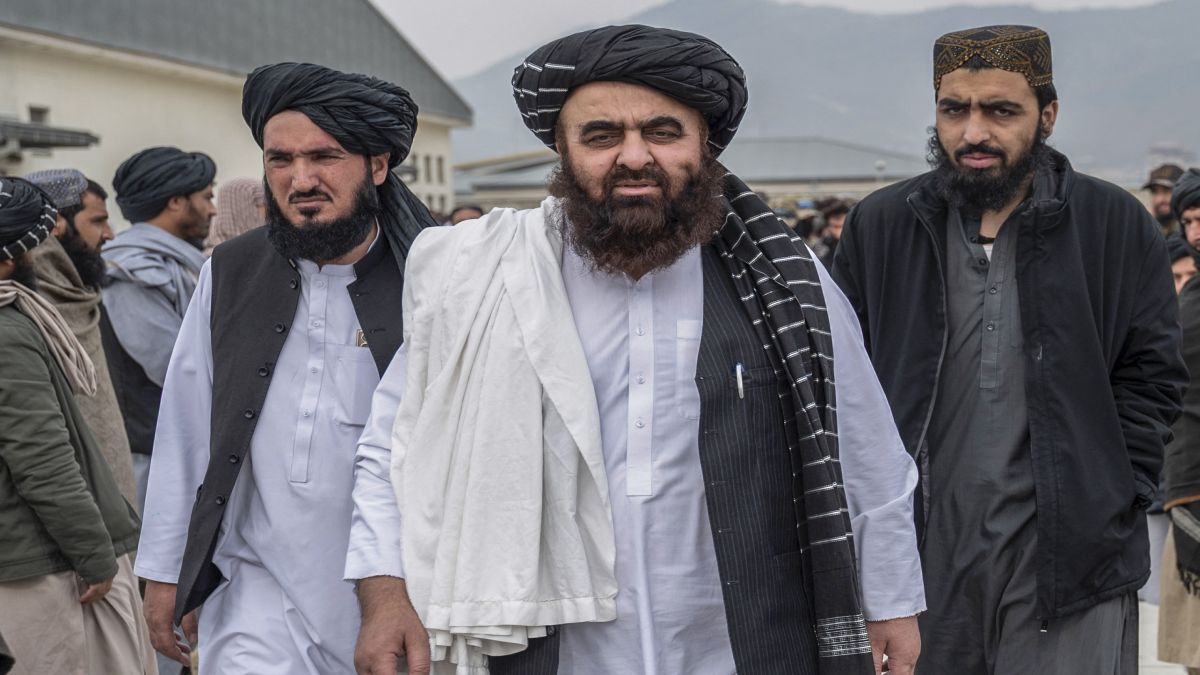)

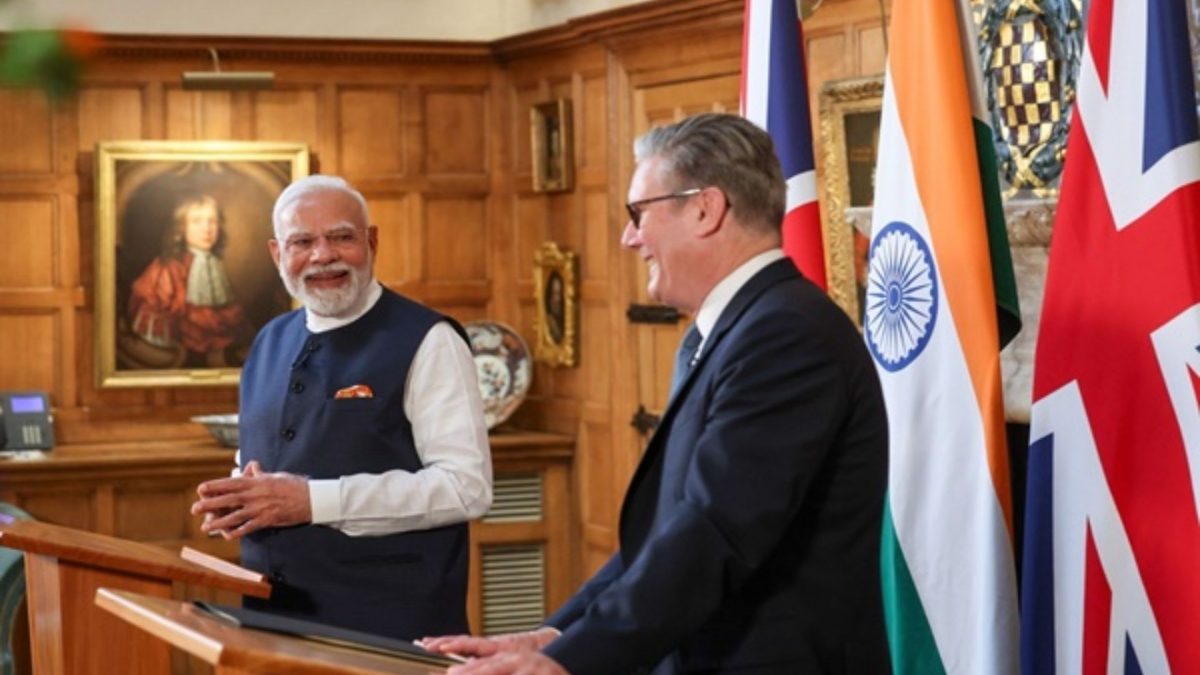)
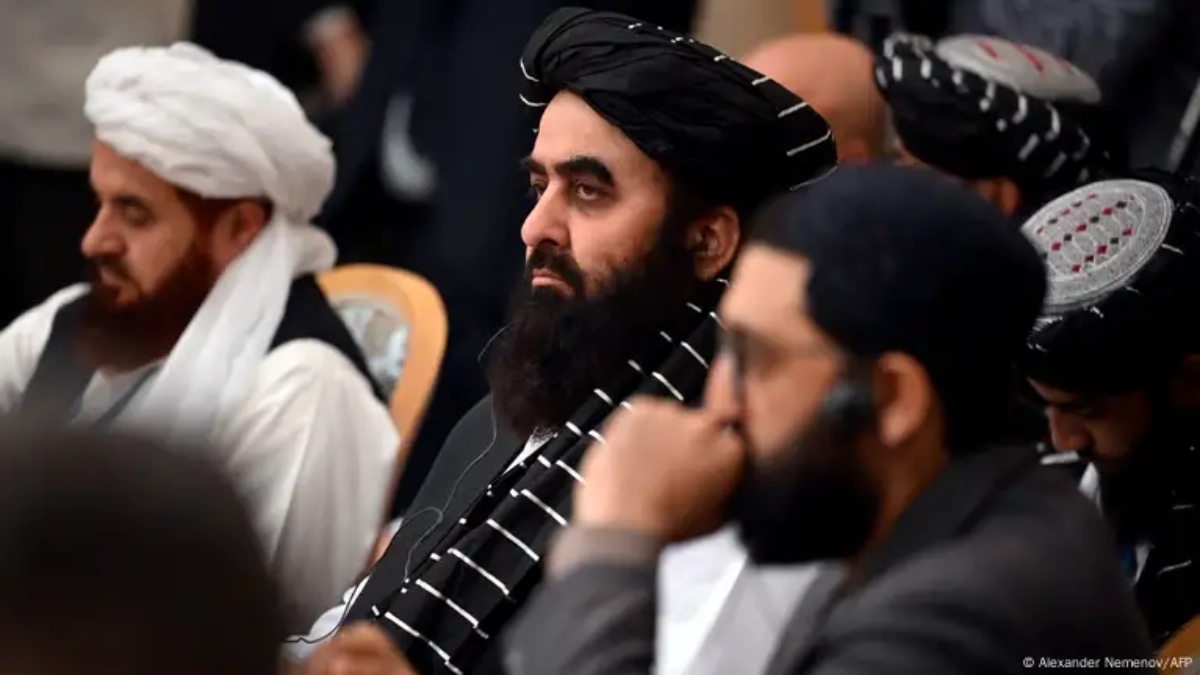)
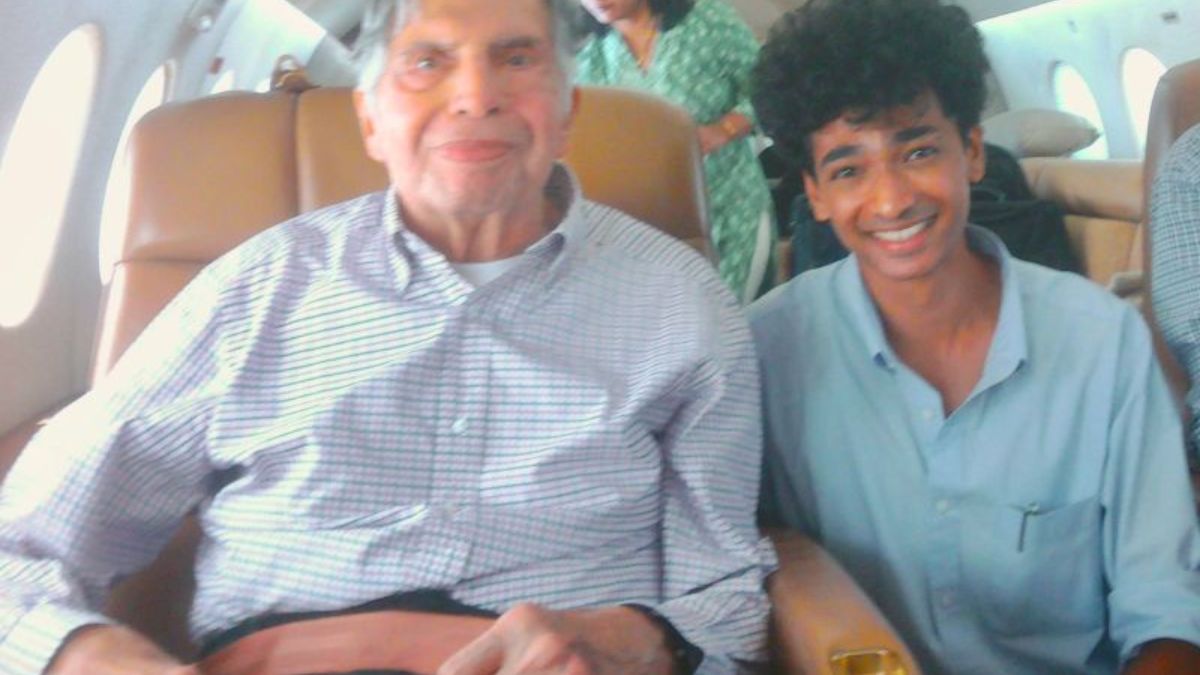)
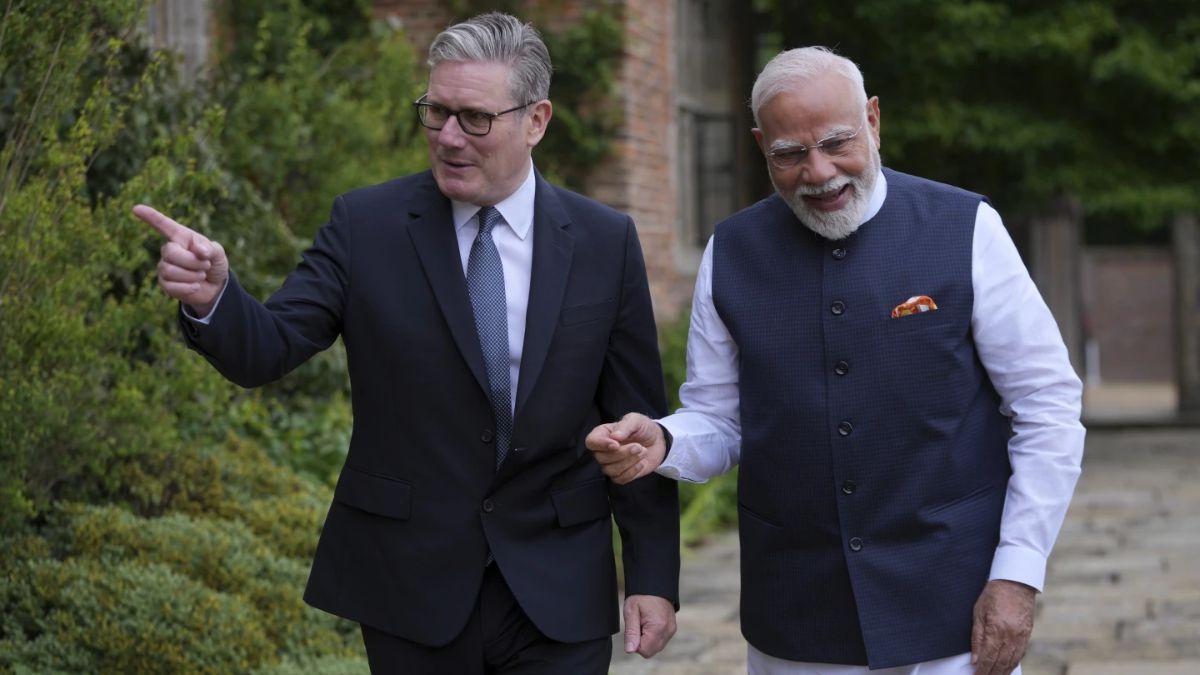)
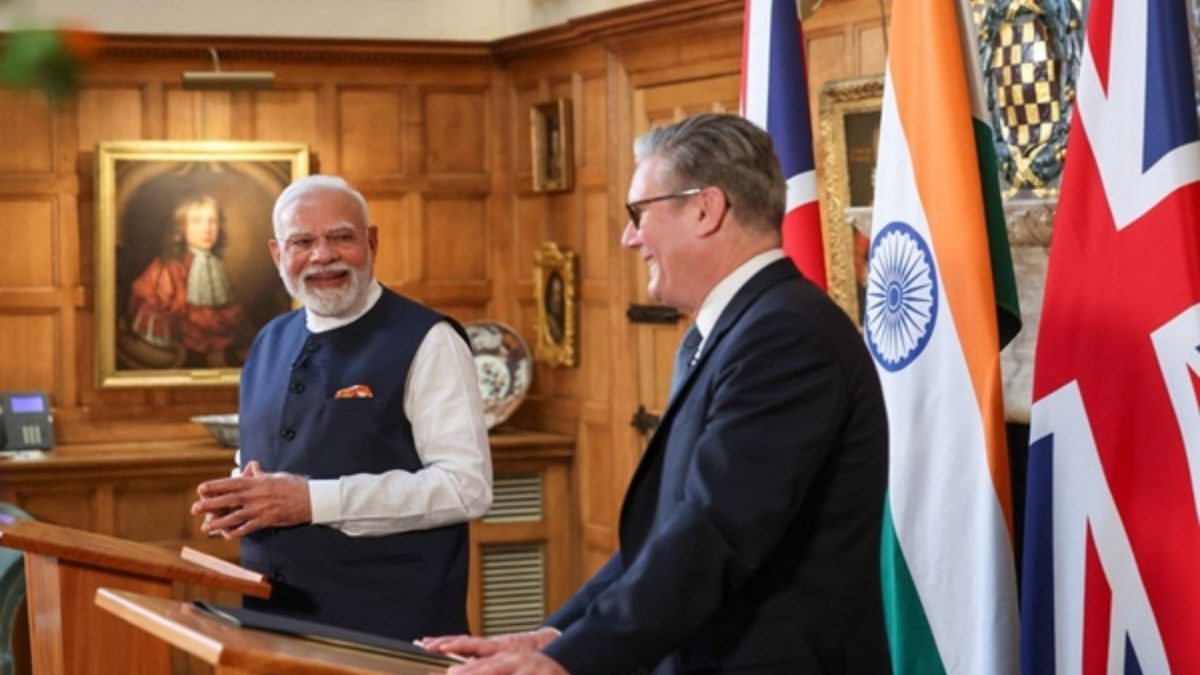)
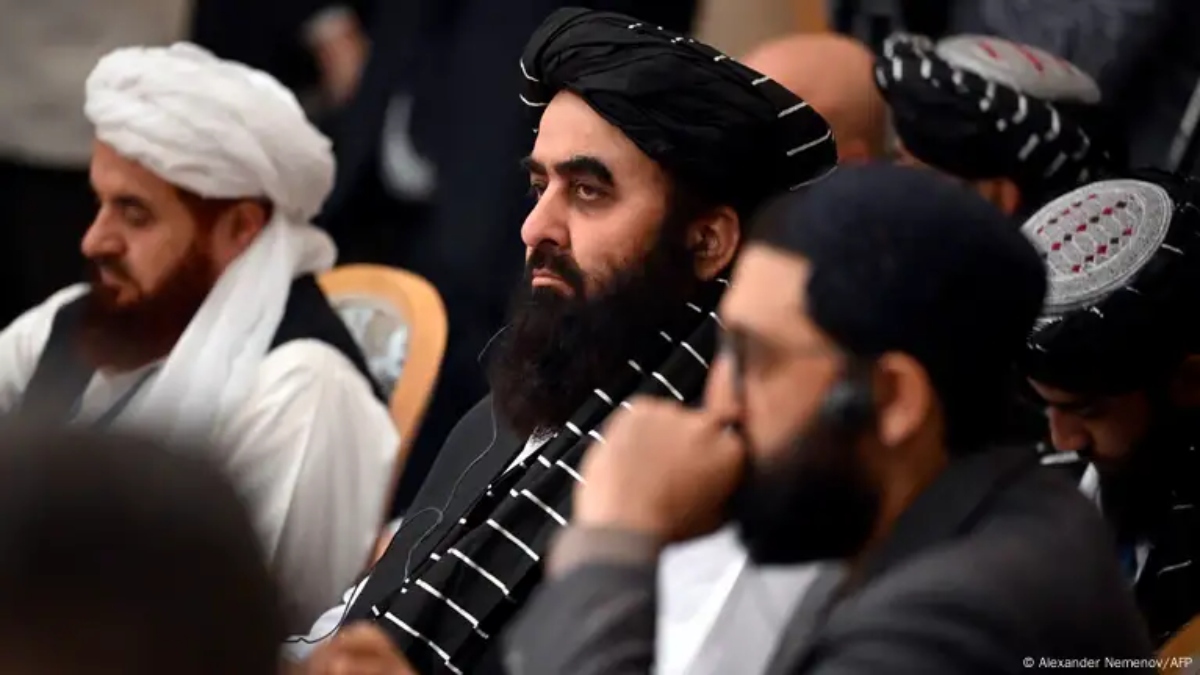)
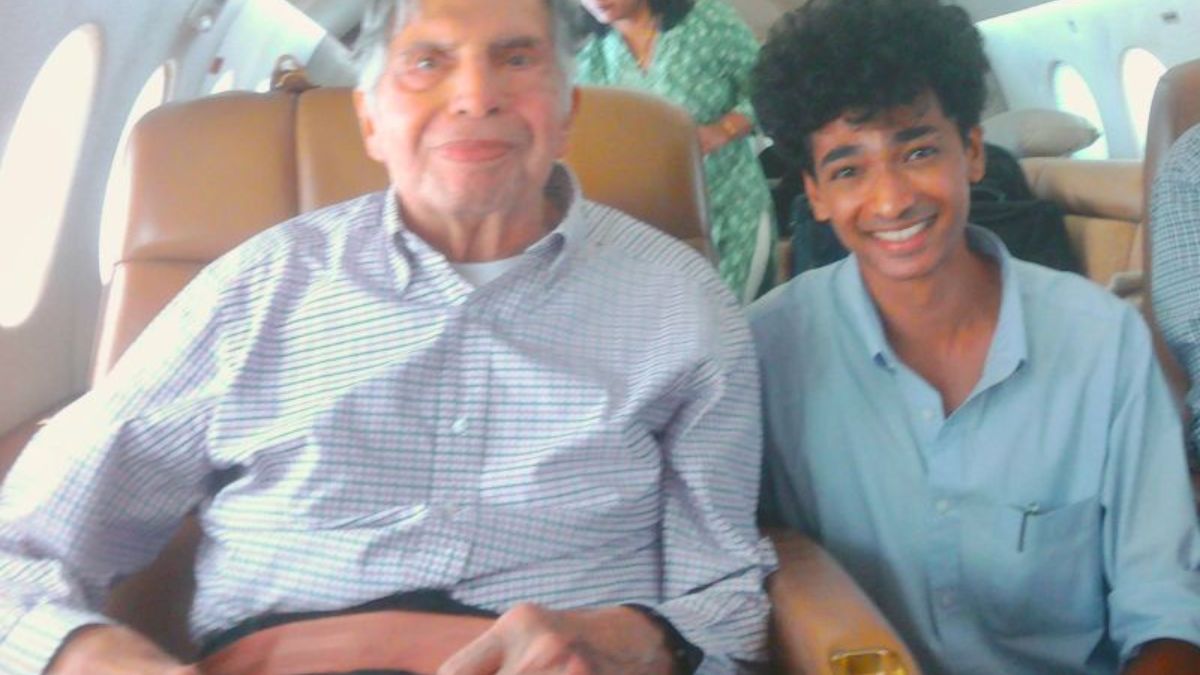)
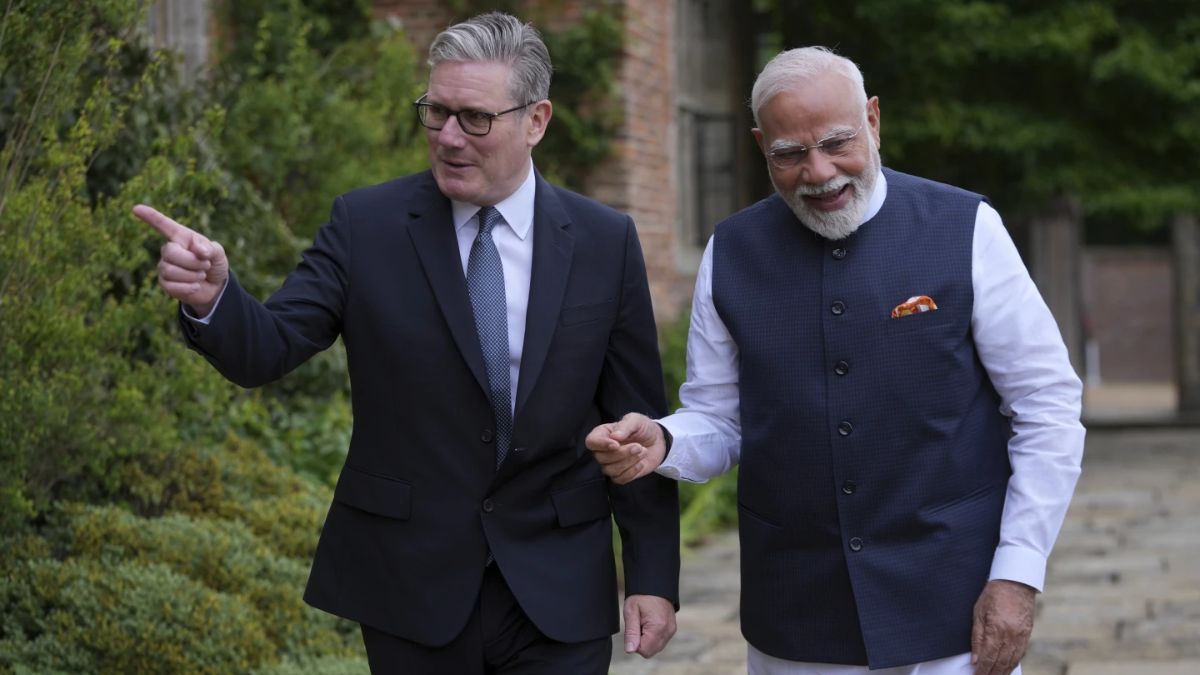)



